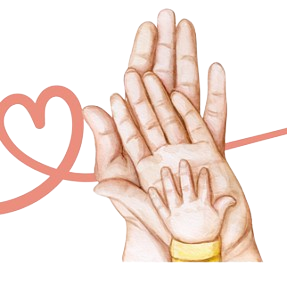CHILDHOOD TRAUMA CAN HAVE SERIOUS CONSEQUENCES IN ADULT LIFE IF NOT MANAGED PROPERLY
WHAT IS CHILD HOOD TRAUMA
Any upsetting experience that a child has that they believe to be violent, dangerous, or potentially fatal is considered childhood trauma. Trauma results in severe emotional, physical, or psychological damage as well as terror. A one-time incident like a car accident, the loss of a loved one, or a natural disaster like a hurricane or earthquake can all qualify as the traumatic event. Living in a dangerous neighborhood, experiencing racism, being the victim of bullying or physical or sexual abuse, or being the victim of neglect are examples of continuous traumatic experiences.
Children who experience trauma may have negative effects on their physical, mental, social, and emotional health. Untreated OR UNSOLVED TRAUMA in children can carry into adulthood.It has been shown to be associated with an increased risk of depression, self-harm, and high-risk behaviors like unsafe sex and dangerous driving.
In order to minimize and/or prevent long-term consequences, it is crucial to identify the signs of trauma in children in the weeks and months that follow a traumatic event.
ome of the emotional signs of trauma in children include the following.
Some of the signs of trauma in children are
Feeling sadness or worthlessness
Showing intense outbursts of anger and aggression
Being easily frightened or scared
Feeling guilt or shame
Feeling depressed or alone
Showing fear when being separated from a parent
More crying or screaming
Feeling timid or more pressured
Gaining or losing weight suddenly
Changing their eating habits or showing signs of disordered eating or an eating disorder
Exhibiting reckless and risky behaviors such as substance misuse and inappropriate sexual activity
Showing signs of self-harm such as cutting or suicidality
Expressing extreme concern about their safety
Reenacting the traumatic event, especially in younger children
C
